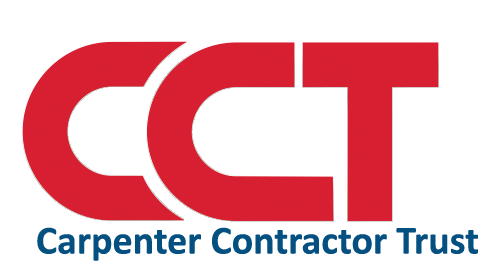With Title 42 coming to an end this week, immigration is top of mind for many Americans. A flood of migrants is expected to rush the border as the last remaining method of border control is removed. It’s undeniable that the unprecedented numbers of migrants who have crossed the border illegally over the past two years have had a negative impact on American workers, undercutting wage growth and a tight labor market by supplying a low-wage alternative for American corporations. Even child migrants have been conscripted to the labor market, as The New York Times reported.
Yet the American worker is facing pressure from legal immigration, too.
The Infrastructure Investment and Jobs Act, which passed last November, was lauded as an opportunity for good paying, union jobs for the American working class. Yet the minute it passed, contractors have been demanding that Congress bring in foreign workers to take those very jobs.
Last July, Kinsley Construction in York, Pennsylvania, requested visas for 25 helpers for construction work taking place in the fall. J.T. Hoover Concrete Contractor in Bear, Delaware, requested another 20 around the same time period, according to data sourced through the U.S. Department of Labor. The numbers add up: five here, 20 there, 58 for Hallaton in Sparks, Maryland, and up they climb.
Across the nation, nonunion contractors have been demanding access to the H-2B visa program to import foreign workers to meet anticipated demand. The H-2B visa program allows companies to temporarily enlist foreign workers for one-time occurrence, seasonal or peak load assignments. But while there is a place for the H-2B program, it needs serious reform to protect American as well as migrant workers.
Touted by many nonunion construction contractors as their only solution to workforce development, the H-2B visa program has enabled unscrupulous employers to exploit their workforce. Foreign workers are completely at the mercy of their employers and cannot speak up about mistreatment and dangerous work conditions without the fear of deportation.
The H-2B visa program also allows companies to skirt protective guidelines that most of us in the construction industry take for granted. It exposes migrant workers to exploitation without giving them the recourse that American workers have for any misconduct or retaliation on the job.
Union carpenters believe all workers deserve dignity, and to make this a reality, the H-2B visa program is in need of serious reform.
But that’s not on the table. Instead, corporations want to expand the use of these visas every time there is a demand for workers. And that’s bad because it replaces investment in our own highly talented local workforce.
Shifting the focus from importing workers to training and organizing local workers is what we should be doing, which would not only be beneficial to building the infrastructure we need but also to rebuilding the middle class.
There’s an easy solution for Congress to consider here: The Seasonal Worker Solidarity Act, which revamps the current visa program by providing migrant workers with new protections and fairer wages and demands genuine attempts to fill seasonal jobs from the U.S. workforce before turning to foreign workers.
To be clear, in some cases, allowing foreign workers into the country might be necessary. But this should not be the go-to mode of filling jobs in the U.S. construction industry, where local unions have invested millions of dollars in preparing local workers for rebuilding America’s infrastructure.
We have more than 1 million union construction workers in the U.S., according to the Bureau of Labor Statistics. Union contractors are utilizing programs such as the Carpenters Apprenticeship Ready Program, Career Connections, and apprenticeship training as pathways designed to meet this construction boom. Because of their design, curriculum, and access to our local workforce, they offer a direct channel to job opportunities, skilled training, and a permanent career as professionals in the construction industry.
On the other hand, there are no guarantees when it comes to skills and training imported workers. And that is a huge problem. American taxpayers need to trust that the workforce tasked with constructing our critical infrastructure, buildings, and bridges, is highly trained. Union carpenters spend four years as apprentices adhering to a rigid and time-tested curriculum in class and field experience. Their skills have repeatedly met the highest standards. Moreover, by investing in local workforce development, the building trades can ensure that diversity, equity, and inclusion are part of the hiring process.
And let’s not forget the obvious: the positive economic impact of hiring local workers. Carpenters tend to live and work in their communities, which translates into significant local economic growth. They don’t just work in the community; they are an integral part of it, and that’s where they spend their dollars.
As it stands, the H-2B visa program allows the employer to hold far too much control over workers’ lives. This is why union carpenters and contractors support the Seasonal Worker Solidarity Act. We believe there is room for H-2B workers, but local workers should have the opportunity to fill local jobs first.
https://www.newsweek.com/our-construction-industry-giving-good-jobs-foreign-workers-its-got-stop-opinion-1797944
